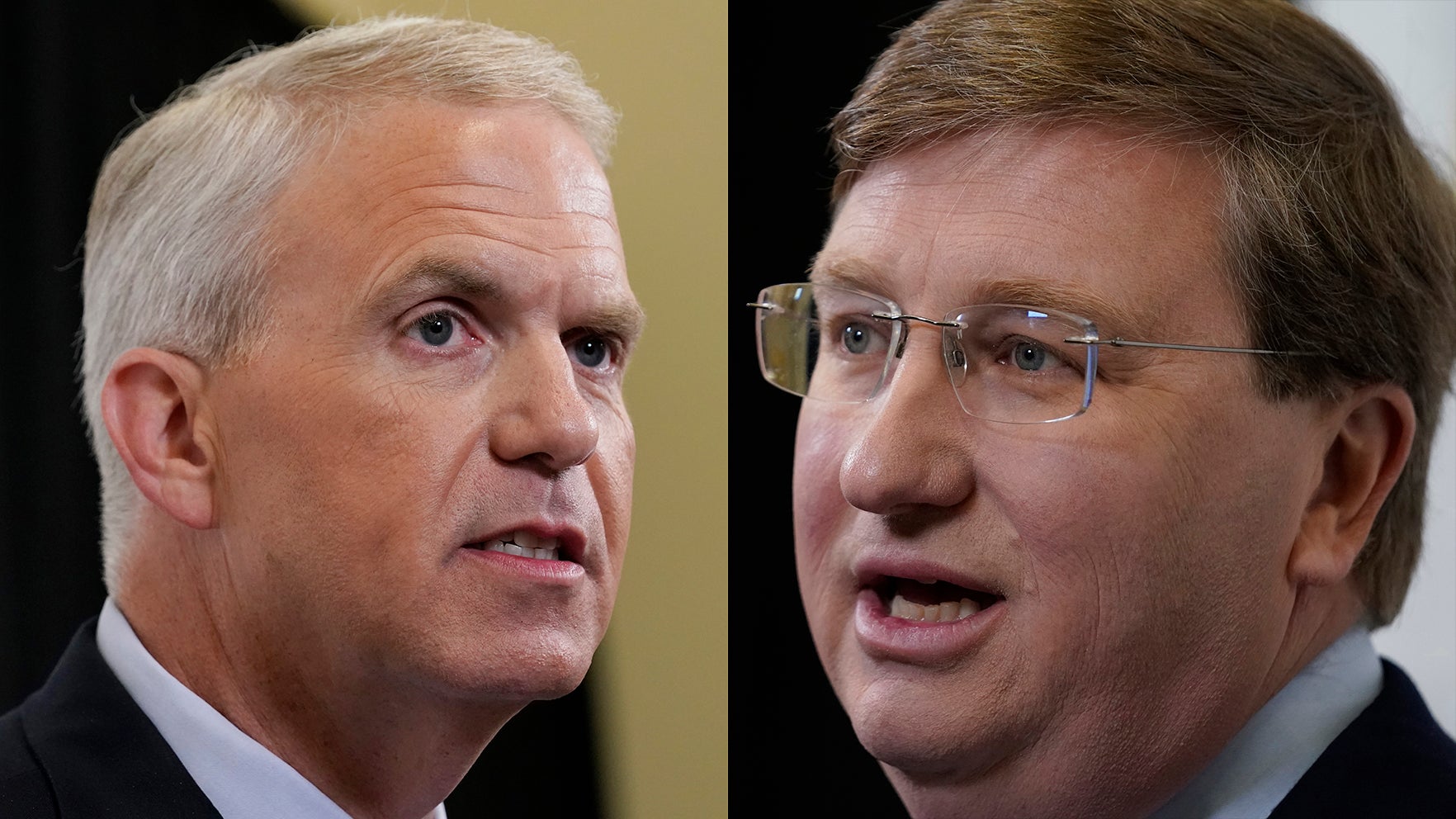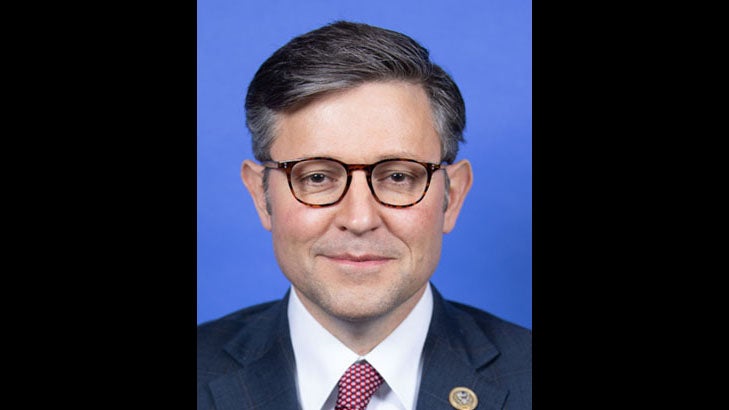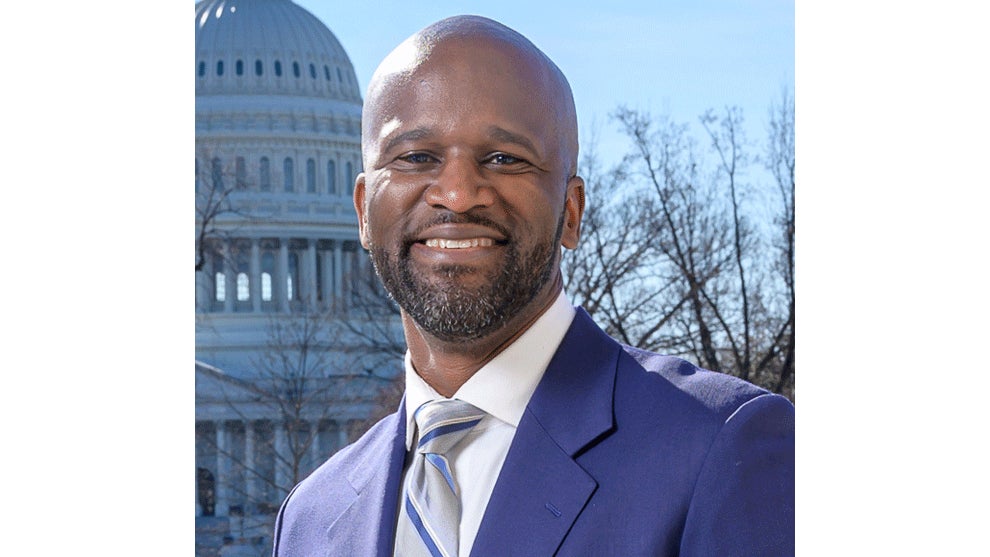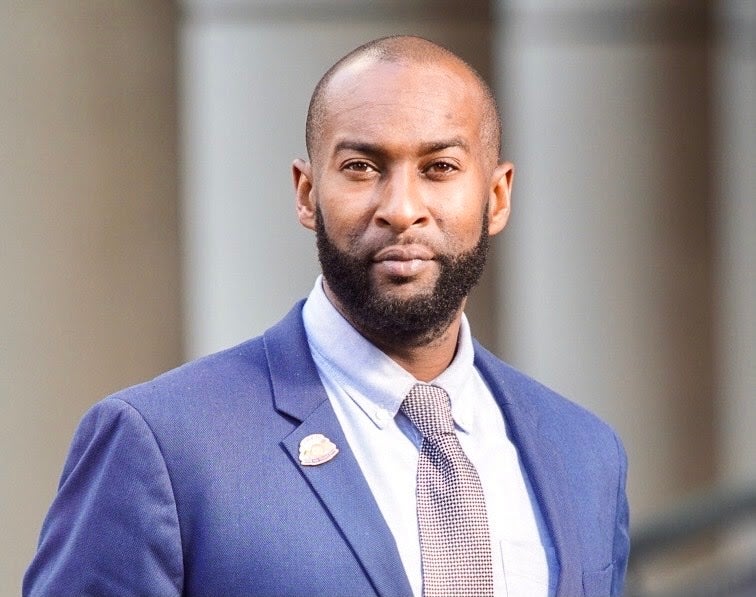Mississippi to drop charge of white ex-cop in man’s death
Published 12:30 pm Friday, May 29, 2020
(AP) — The Mississippi attorney general said Thursday that a manslaughter charge will be dropped against a white former police officer in the October 2015 shooting death of an African American man because her office reviewed the case and concluded the officer acted in self-defense.
The killing of Ricky Ball sparked protests in 2015 in Columbus, a mostly black city of 23,000 in northeast Mississippi.
Republican Lynn Fitch became attorney general in January. Her office said in a statement Thursday to WCBI-TV that it reviewed thousands of documents in the case and concluded there was not evidence to prosecute the former officer, Canyon Boykin.
“In fact, all evidence, including forensics and the sworn statements of four separate MBI investigators, points to necessary self-defense,” said Fitch’s statement, which did not mention the race of Boykin or Ball.
MBI is the Mississippi Bureau of Investigation.
Boykin was working for Columbus Police Department when Ball was shot to death after a traffic stop. Ball, 26, was a passenger and ran from the vehicle after it was stopped, Boykin said. The officer said he fired his weapon while chasing Ball because Ball appeared to point a gun at him. A handgun was found near Ball’s body.
Ball’s family disputed whether Boykin had cause to shoot.
District Attorney Scott Colom transferred the case to the attorney general’s office in 2016. The attorney general at the time, Democrat Jim Hood, presented the case to a grand jury that indicted Boykin on a manslaughter charge in 2016, and Boykin soon pleaded not guilty.
Colom said he planned to have a news conference Friday to discuss Fitch’s decision not to prosecute the case. Fitch was elected attorney general in November, when Hood ran unsuccessfully for governor.
Boykin’s attorney Jim Waide said in a statement Thursday: “There was absolutely no evidence it was anything but self-defense. It’s a tragedy when for anyone to die. Canyon was doing what he was sent to do and had to defend himself.”
Columbus fired Boykin as he was trying to resign after the shooting, saying he had broken department policy by not turning on his body camera, by inviting his then-fiancee to ride along without permission and by making derogatory social media posts about African Americans, women and disabled people.
Boykin sued the city, claiming the city violated his First Amendment rights by firing him over social media posts, and violated his due process rights by subjecting him to a biased hearing and knuckling under to “uninformed public pressure.” The suit was settled in 2017 for an undisclosed amount.





